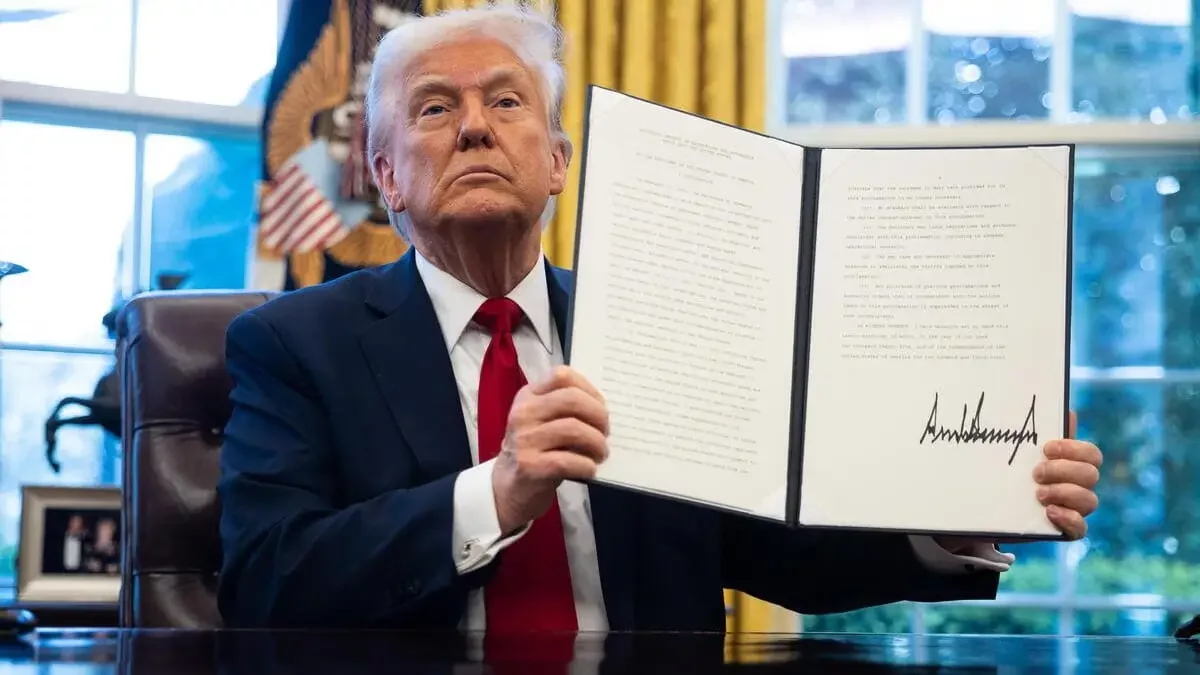
The meetings in Riyadh between Russian and American emissaries, lasting twelve hours, have yielded results now widely reported by the press, and writing about them in this context might at least prove redundant; for this very reason, it is more interesting to see how they are presented as "concessions" given by a mediator who, hiding behind Kyiv, has so far been and continues to be an active part of a conflict that, in the meantime, has lost. What the White House, with the new Administration, has tried to do is precisely a hasty and casual change of clothes: before, the United States was the General almost in civilian clothes, while the European Union, the United Kingdom, and NATO were its officers in uniform, clearly recognizable, and especially for this reason, much more exposed; they sent them forward, and they willingly went, also because objectively they had no alternatives and saw none. The Kremlin, meanwhile, lets them do it, because it knows that for the Americans, saving appearances, and reputation, is everything: behind the beautiful facade, the worst can be hidden, even the worst shame, or the worst strategic defeat; but in the meantime, that beautiful face behind which to hide everything must be there, because otherwise there are pains and, overseas, if that fails, there are always serious troubles. There, dream marriages collapse with billion-dollar divorces, and flourishing companies burn billions of market capitalization, when certain appearances fail: that's why, for the Americans, those must never be touched.
Moreover, it's no different for the Europeans either, who, however, must settle: they are the "numbers two" and "numbers three" who put quite a few signatures in place of the principal, the General almost in civilian clothes, and now they are the ones who have to pay the price. However, it can be noted how our press also tries as much as possible to turn every imaginable pancake in the not always easy attempt to sweeten every pill: and so, to give an example, the revocation of many sanctions, port limitations, and insurance aggravations, and so on, are passed off as concessions given by the losing General turned mediator, rather than conditions dictated by the supposed defeated who could not say no: but history teaches us that a loser dictating conditions and a defeated making concessions has never been seen. However, compromises can be made, a game of roles can be played, that's for sure: after all, as we were saying, it's the Europeans who are called to pay the worst price. It's no coincidence that our press talks so much about the new Ukrainian missile, the Long Neptune, capable, according to them, of amazing things: so as to prepare for the possibility, one day, to be able to say that the Ukrainian "super weapons," arriving at the last minute, were able to force the Russians to sit at the table; not to mention the Europeans, who in the meantime with their rearmament plan transformed their home into an arsenal, even intimidating Moscow.
Always for the reason of having to turn the pancakes, so as to make them more palatable, we also have many other examples, such as the secret conversation on Signal in which American leaders would have "by mistake" included one of the main editors of The Atlantic: difficult, however, to believe that it could have been a mistake. Rather, news that had to be given and especially "paraphrased" in the right way, as a warning or sermon to the Europeans and even more to the Israelis, not least to the Arabs; but certainly not a mistake, even less to be described or interpreted as most of our news outlets have, also in this case, far from erroneously, intended to do. In the case of the Europeans, it can certainly be read as a sermon to rush to file certain compromises with Kyiv, rather than continue to raise the bar, beyond their concrete room for maneuver as "numbers two" and "numbers three." For the rest, the timing with the bombings in Yemen was not accidental. After all, 3% of American trade and 40% of European trade pass through the Red Sea; moreover, there are joint American, European, Israeli, Arab, and Indian interests, such as that relating to the IMEEC or Cotton Road, which we discussed here just a few days ago. By hitting mainly ships destined to supply Israel, the Houthis do oppose Tel Aviv in supporting its current war effort, but at the same time, they also boycott all future plans for a maritime economic corridor from India to Israel towards Europe and the United States, while the land one from the United Arab Emirates to Israel is still to be set up.
According to the Americans, the Europeans should therefore take a greater share of the burden, of supervision and assistance also on behalf of Washington, and the Israelis should also move a little more in this direction, rather than "get lost" elsewhere, in a conflict in Gaza and Lebanon that the United States is willing to partly support, but not to the point of being counterproductive to their interests and their role in the Middle East. Not to mention the many "other" naval and military exercises in the area, which is very frequented, and which do not always reassure Washington; which, moreover, seeing the European absence, is even more worried.



